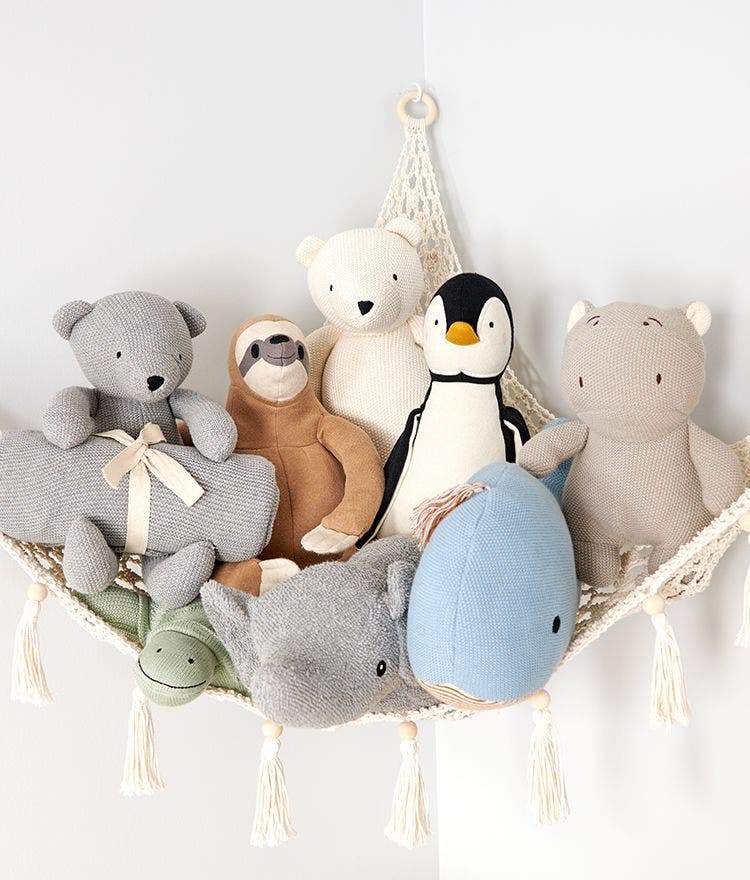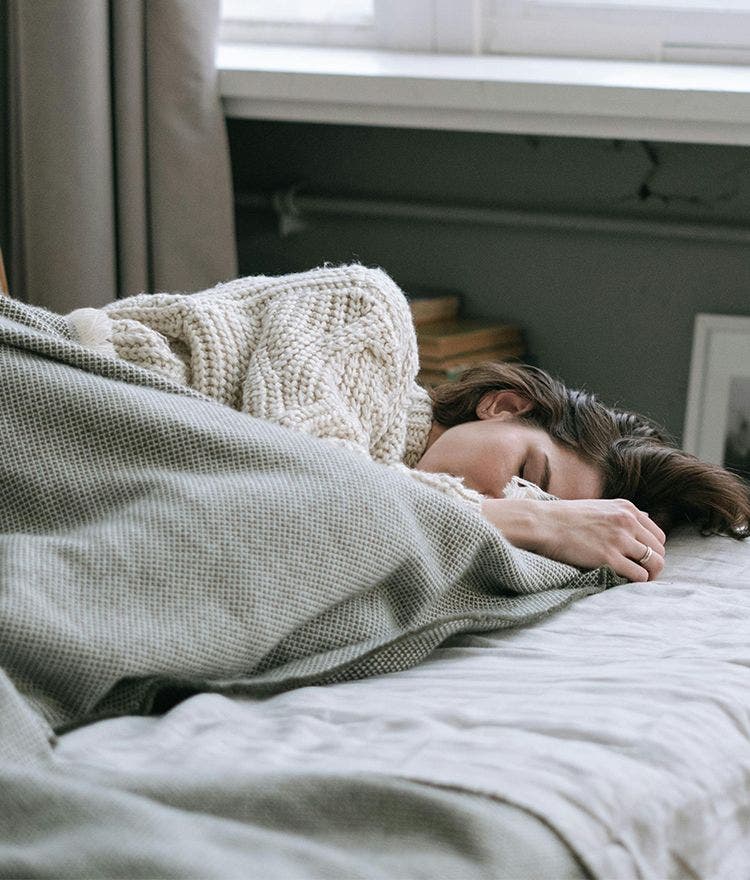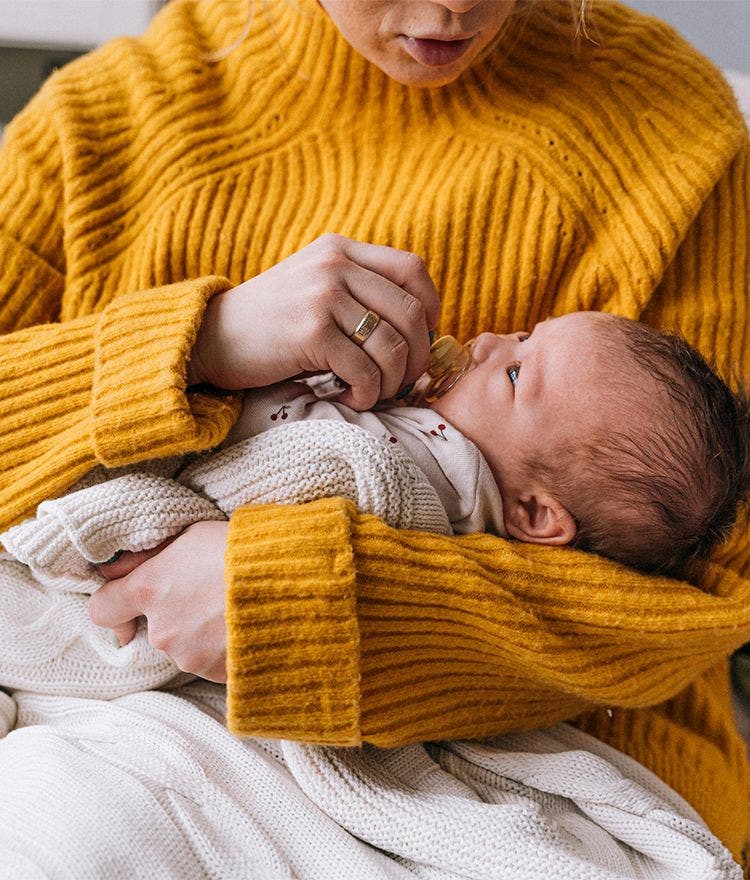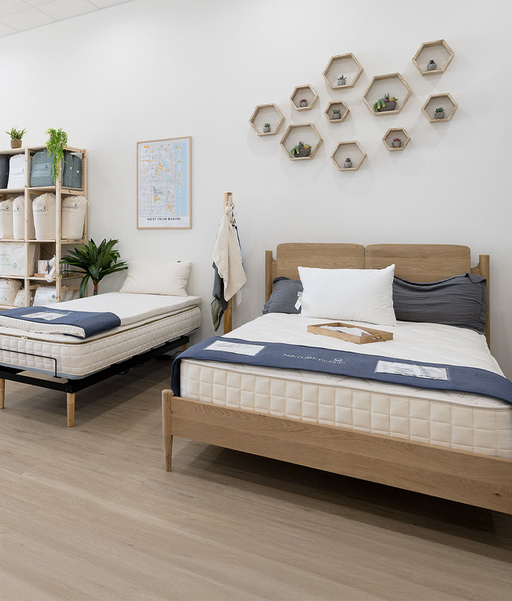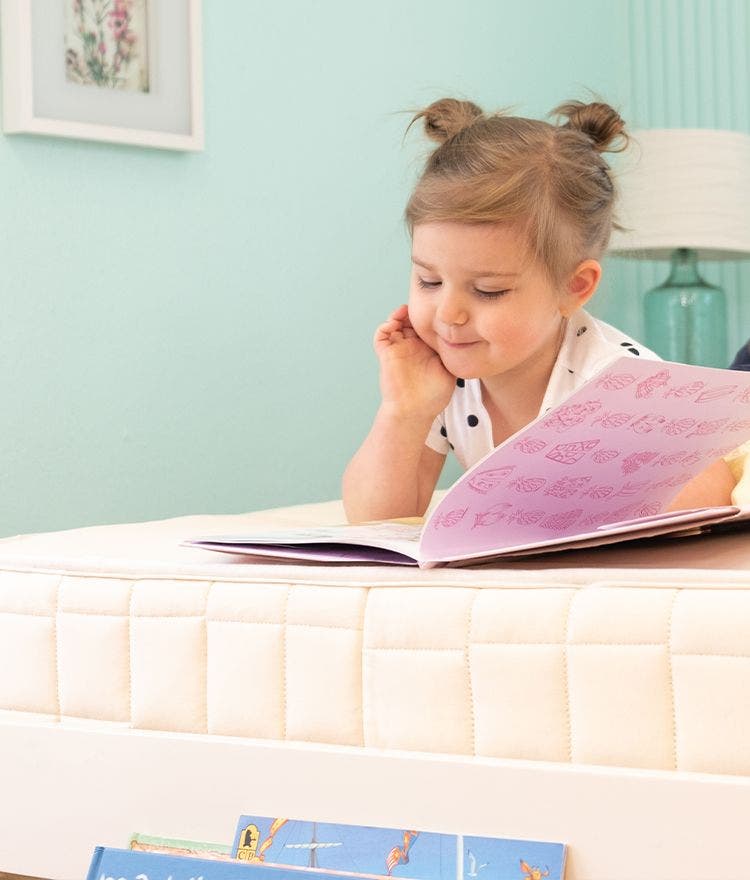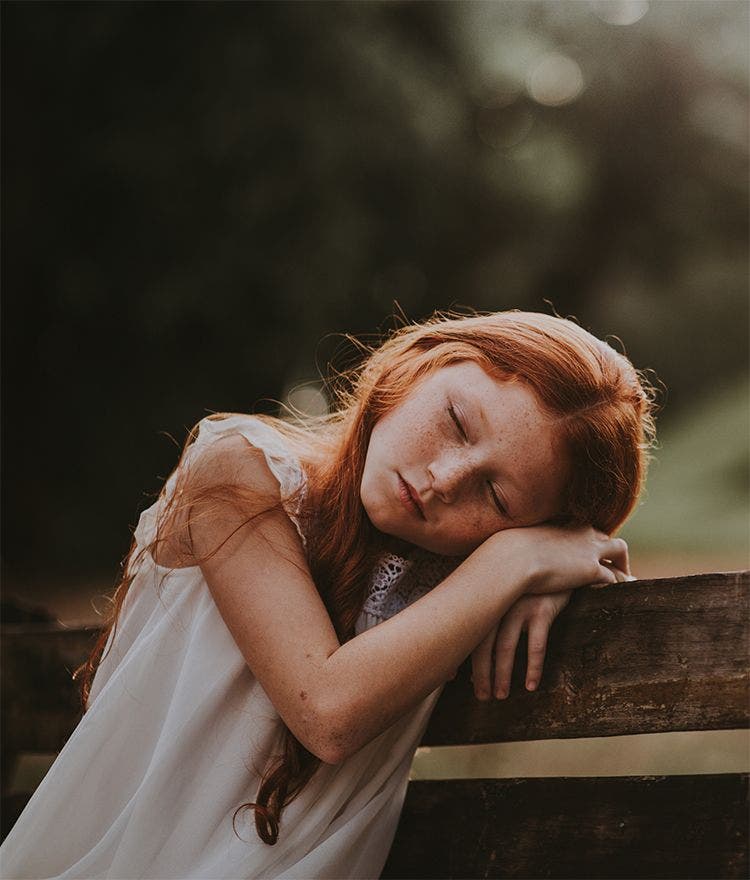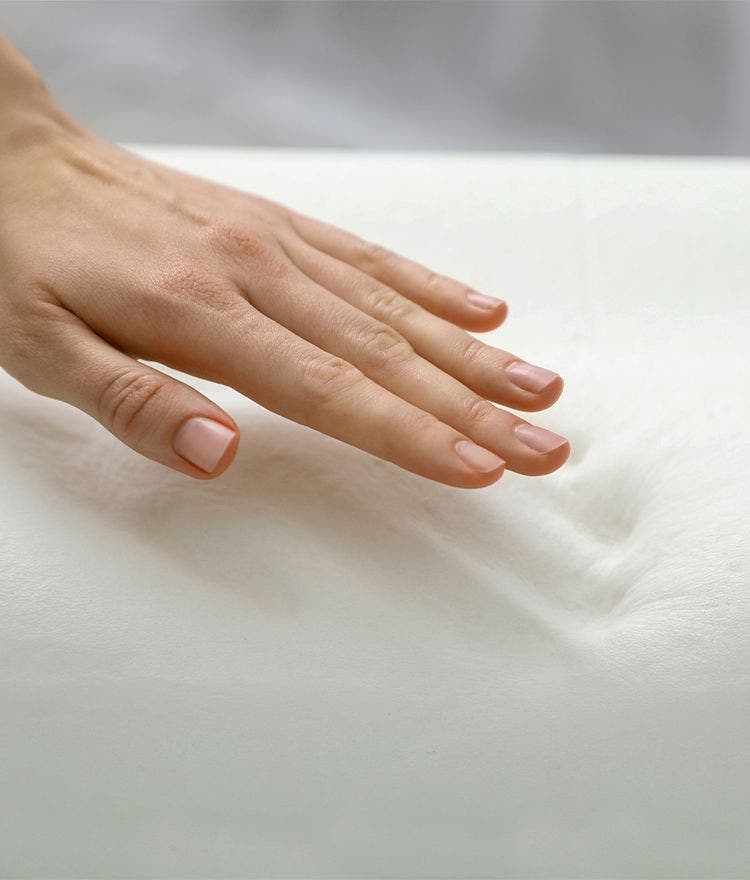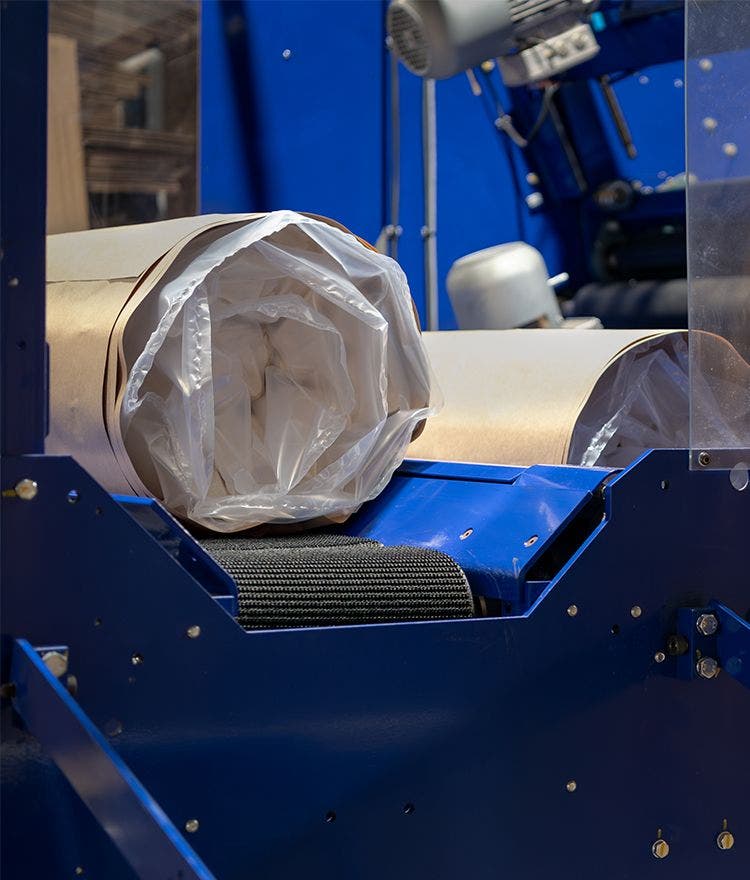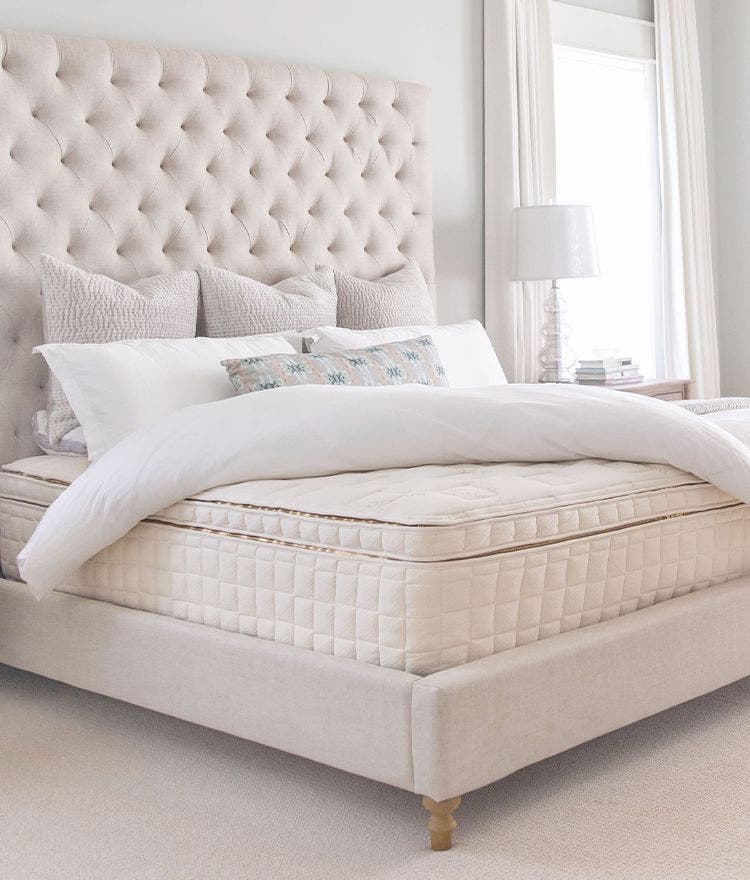-
 BABY
BABY
-
 KIDS
KIDS
-
 ADULT
ADULT
-
 ADULT
ADULT
-
 LEARN
LEARN
-
 STORES
FIND A STORE
STORES
FIND A STORE
FEATURED GALLERIESNew York City Los Angeles Brooklyn Irvine Washington D.C. San Diego Boston Downtown San Francisco Boston Metro Silicon Valley Atlanta Marin - San Rafel Chicago Peninsula Minneapolis Denver Dallas Portland Dallas-Frisco Scottsdale Dallas-Southlake Seattle-Bellevue Nashville Charlotte Greenwich West Palm Beach Cleveland
-
 BABY
BABY
-
 KIDS
KIDS
-
 ADULT
ADULT
-
 LEARN
LEARN
-
 STORES
FIND A STORE
STORES
FIND A STORE
FEATURED GALLERIESNew York City Los Angeles Brooklyn Irvine Washington D.C. San Diego Boston Downtown San Francisco Boston Metro Silicon Valley Atlanta Marin - San Rafel Chicago Peninsula Minneapolis Denver Dallas Portland Dallas-Frisco Scottsdale Dallas-Southlake Seattle-Bellevue Nashville Charlotte Greenwich West Palm Beach Cleveland
